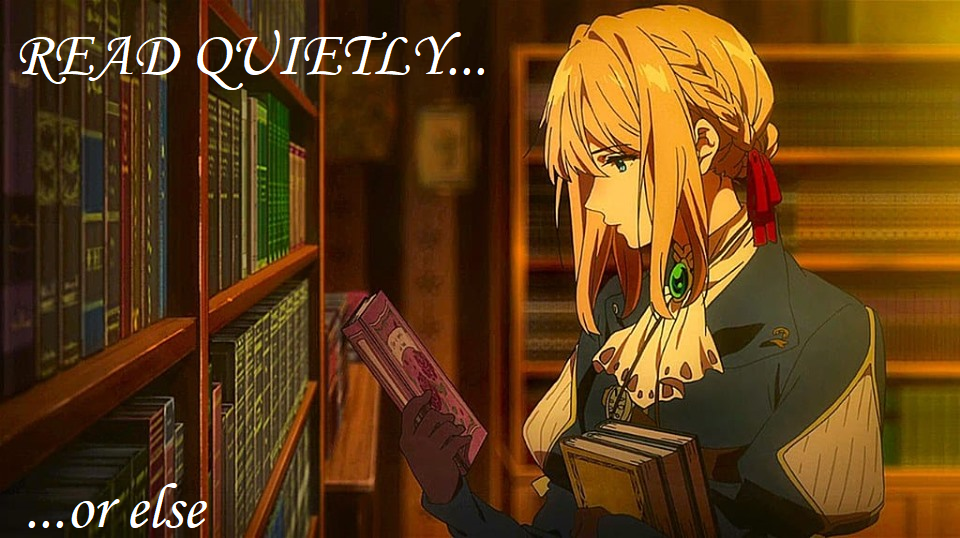Amazingly, I hadn't read Dracula until this Halloween - perhaps, given how deeply its tropes and characters embedded themselves in pop culture, I never felt the need? Regardless, Bram Stoker's seminal vampire tale remains a classic of the horror genre. Stoker's tale focuses of course on the battle between a cadre of Western Europeans and Count Dracula, an ageless, pitiless vampire from Transylvania who entraps the ambitious Jonathan Harker, spirits himself away to London and wreaks havoc on the city, targeting free-spirited young Lucy and Harker's fiancée Mina. The novel functions on several levels: as a horror story, of course, with Dracula the archetypal literary bloodsucker, all polite surface and deadly avarice; as a gothic romance of sorts, with prim and proper Englishwomen falling victim to Transylvania's thirstiest neck-nobbler (not to mention Jonathan's entrapment by Dracula's wives); as a pre-modern techno-thriller, with Victorian England pitting its technology (blood transfusions, trains, telegraphs and guns) against the superstitions of the East. The book's epistolary style takes some getting used to, as does Dracula's lack of the romantic characteristics which mark his screen appearances; he's a force of brute sex and manipulation rather than a suave charmer. But Stoker's pulpy prose, sharp characterizations (particularly the grim Dr. Van Helsing, the strong-willed Mina and the gun-totin' American Quincey Morris, who defeats the Count with a Bowie knife) and the novel's pervasive sense of dread makes it essential reading for the spooky season.
Rating: 5/5






No comments:
Post a Comment